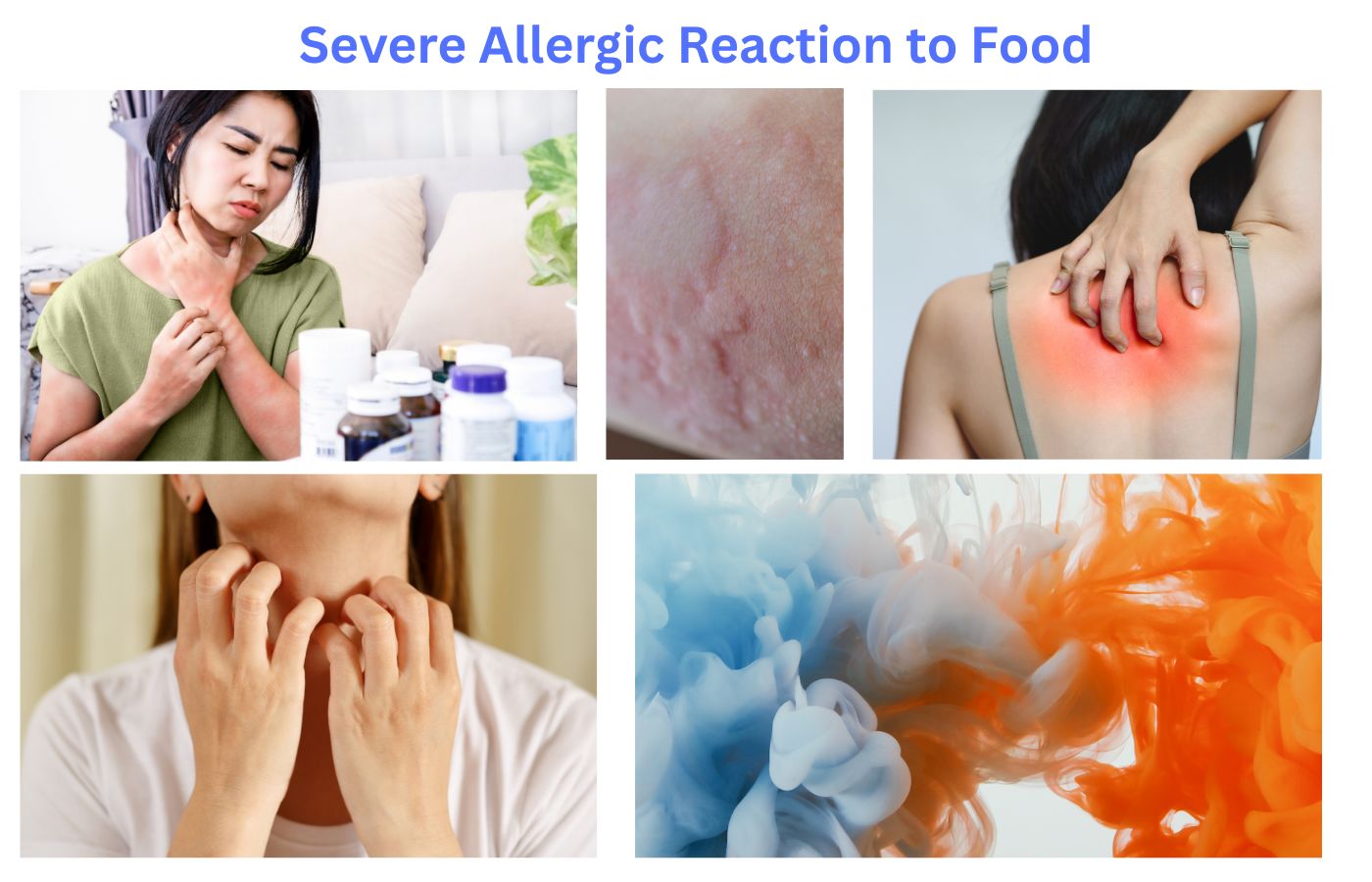
Food allergies can be life-threatening, making it essential to know how to respond in case of a severe allergic reaction to food. If you or a loved one experience symptoms such as difficulty breathing, swelling, or anaphylaxis, seeking immediate medical attention is crucial. In addition to emergency care, consulting a food allergist and visiting the best diagnostic centre near me can help identify triggers and manage food allergies effectively.
A food allergy occurs when the immune system mistakenly identifies a specific food as harmful, triggering an allergic reaction. The most common food allergens include peanuts, tree nuts, dairy, eggs, shellfish, soy, and wheat. Reactions can range from mild skin rashes to severe anaphylaxis, which requires urgent medical intervention.
If you experience any of these symptoms, it is essential to seek medical assistance immediately.
To effectively manage food allergies, undergoing diagnostic laboratory services is crucial. A clinical diagnostic centre near me offers various tests to determine the cause of allergic reactions.
A skin prick test involves placing a small amount of allergen extract on the skin and lightly pricking the surface to check for reactions.
A blood test measures immunoglobulin E (IgE) antibodies produced in response to allergens.
Under medical supervision, a patient consumes a small amount of the suspected allergen to observe any reaction.
Patch testing helps diagnose delayed allergic reactions by applying food extracts to the skin and monitoring responses over time.
Consulting a food allergist is essential for long-term allergy management. A specialist will:
Always check ingredient labels for potential allergens.
Communicate your food allergies to restaurant staff to avoid cross-contamination.
If prescribed, always carry an epinephrine auto-injector and antihistamines.
Ensure those around you understand the severity of your allergy and know how to respond in an emergency.
Periodic diagnostic testing at a reputable diagnostic center near me helps monitor your condition.
If you suspect a food allergy, visiting a clinical diagnostic centre near me is crucial for accurate diagnosis and management. The right diagnostic laboratory services can provide:
A severe allergic reaction to food can be life-threatening, making quick and informed action essential. Immediate use of epinephrine, contacting emergency services, and seeking expert medical care are critical steps.
To prevent future reactions, consult a food allergist, undergo diagnostic testing , and take necessary precautions. Whether it’s finding the best diagnostic centre near me or a trusted clinical diagnostic centre near me, proper allergy management can significantly improve quality of life. Stay informed, stay prepared, and prioritize your health!